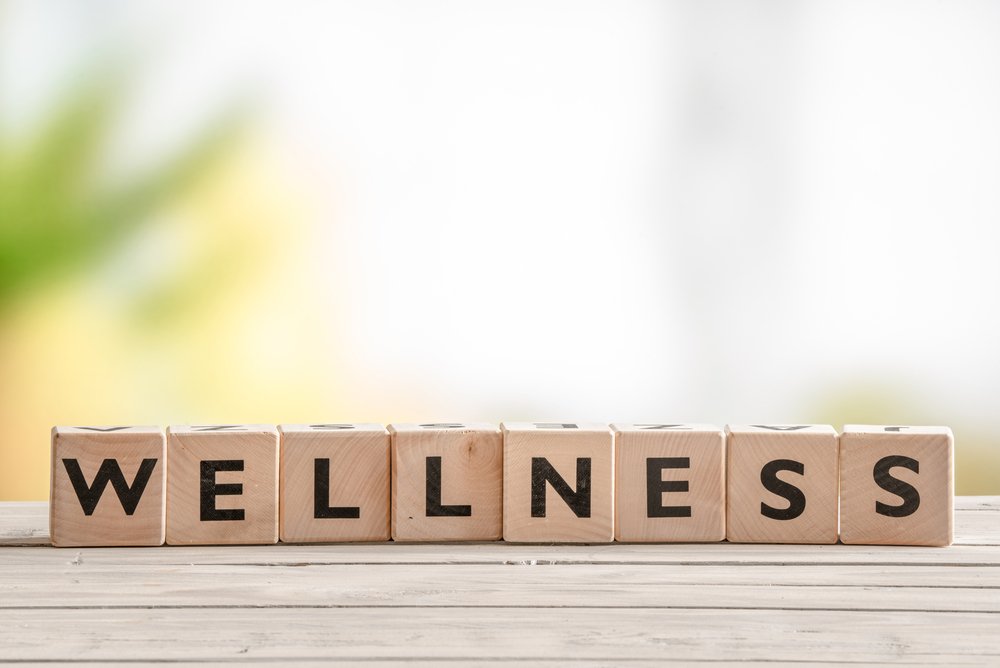National MS Society Highlights Diet, Lifestyle Research Focusing on Living Well With Multiple Sclerosis
Written by |

The National Multiple Sclerosis (MS) Society has selected research highlights from a recent MS conference in an effort to help make living with the disease less burdensome.
Presentations from the May 24-27 annual meeting of the Consortium of Multiple Sclerosis Centers (CMSC) in New Orleans — which ranged from advice on smartphone apps to diet insights and cooking — show that MS research is not only about finding new drugs.
Smartphone apps are popular ways to manage health-related behaviors. But not all apps are worthwhile, says Dr. Amy Sullivan of Ohio’s Cleveland Clinic. The U.S. Food and Drug Administration does not scrutinize health apps, she said, meaning that some may offer incorrect or dangerous advice — or may also not keep personal information confidential.
Sullivan urged patients to ask plenty of questions to make an informed choice. Such questions should include whether the app’s functions are supported by evidence, if its developer has a privacy policy, if it’s easy for disabled people to use, whether advertisements are featured, and how much the app costs.
Several presentations at CMSC 2017 focused on rehabilitation and factors that can affect disability in MS.
In one, Dr. Cecilie Fjeldstad and colleagues at Oklahoma Medical Research Foundation MS Center of Excellence studied 30 MS patients in a home-based rehabilitation program, delivered either through video-chatting sessions or home visits. Their study showed that outcomes — including improvements in fatigue, confidence, gait and balance — were similar in the two groups. Although small, the study suggested that video chats might be a relatively cheap, convenient way of delivering rehabilitation and exercise programs to MS patients.
In another presentation, Dr. Ruchika S. Prakash of Ohio State University in Columbus showed that four weeks of mindfulness-based attention training helped MS patients with difficulties in modulating their emotions. Anxiety may help prevent people with MS from learning. At the meeting, Caroline Altaras of New York’s Yeshiva University reported that in her study of 134 MS patients, those who were more anxious performed worse on visual learning tests.
Other presentations at CMSC 2017 focused on diet and how to be able to keep cooking. Karolina Krozeniewski, a dietitian, partnered with occupational therapist Megan Parker to design interactive cooking workshops for people with MS. These workshops dealt with physical and cognitive limitations often seen in MS, but also focused on how to tackle misleading dietary information.
Among the 109 participants who evaluated the workshop, most were satisfied and felt they learned a lot. This feedback allowed researchers to design another workshop that will focus on the use and trial of adapted cooking devices for MS patients. The positive feedback also helped the cooking workshop transition from an experiment to a class that will be offered regularly by the YMCA/Wellness Centre at Canada’s Alberta Health Services.
Diet was also the topic of a large survey among 7,418 patients in the NARCOMS registry. Dr. Kathryn Fitzgerald of Baltimore’s Johns Hopkins Hospital found that patients who ate plenty of fruit, vegetables, legumes and whole grains while avoiding sugar and red meat as much as possible suffered less disability and depression.
Not all presentations on living with MS dealt with food. The University of Nebraska Medical Center‘s Dr. Kathleen Healey designed and evaluated an “MS at Home Access” program. This program focused on patients with severe disability, and offered house calls, daily phone calls, training and education of family and care providers, as well as weekly plan oversight.
The program had 44 patients by the end of 2016. Researchers saw a trend indicating lower rates of complications and hospitalizations. Even more evident was that both patients and caregivers reported they were very satisfied with the program.
Finally, the National MS Society highlighted the work of Gale Byars, of Utah’s Salt Lake Community College, who presented research suggesting that rehabilitation is more efficient when people develop new habits, based on what they learn in their rehab program. To do so, Byars said patients should pay attention to internal cues linked to bad habits. Better habits, instead, should be built using positive cues and persistent repetition.


